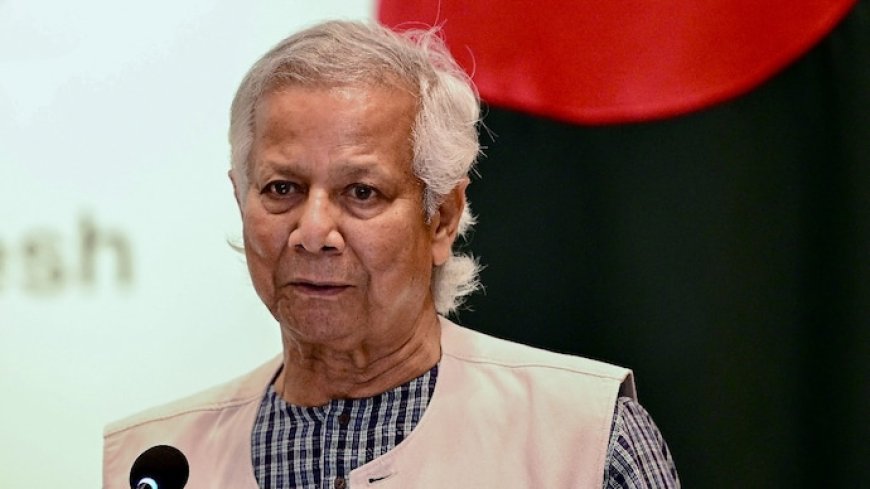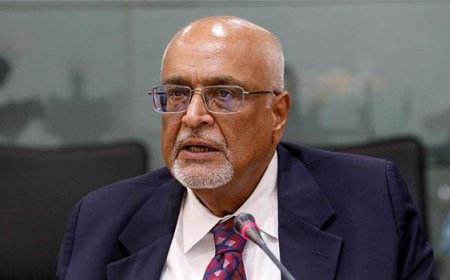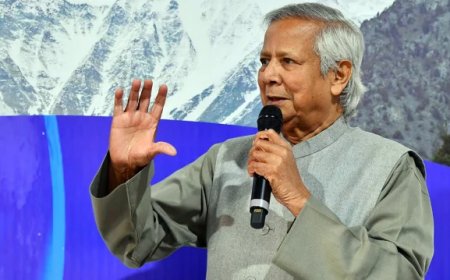Concerns Arise Over Potential ISI Access in Bangladesh Amid New Pakistan Visa Policy
Bangladesh's move to ease visa regulations for Pakistani citizens by eliminating security clearance requirements has sparked concerns about possible ISI activities within the country, with experts cautioning about the potential impact on India's security.

- Bangladesh relaxes visa rules for Pakistan, sparking concerns over ISI activities.
- Experts caution about a potential strategic alignment between Bangladesh and Pakistan.
- Reports suggest radical groups are regrouping in Sylhet, planning infiltration into India.
Bangladesh’s recent decision to relax visa restrictions for Pakistani citizens, notably removing the security clearance requirement, has raised alarms over the potential for Pakistan's Inter-Services Intelligence (ISI) to gain easier access to Bangladeshi territory. Regional analysts suggest this move signals a deepening strategic and ideological alignment between Bangladesh and Pakistan, posing significant security concerns for India. Speaking to India Today, defense and strategic expert Colonel Ajay Raina (Retd.) remarked, “It is well-established that the regime change in Bangladesh was orchestrated by the US Deep State through Pakistan's ISI. The release and integration of terrorists imprisoned under the previous government into the ruling framework should, therefore, come as no surprise."
He further warned, “If their plans succeed, Bangladesh could revert to being ‘East Pakistan.’ However, the silver lining is that both Pakistan and a potential ‘East Pakistan’ might collapse together, ceasing to pose a conventional threat to India."
Reports by India Today indicate that Pakistan-aligned Jamat elements have been regrouping in Sylhet’s Ambarkhana area, allegedly planning infiltration into India’s northeastern states. Key regions, such as the Assam-Meghalaya border and Brahmanbaria district near Ganga Sagar, are being closely monitored for heightened activity. Intelligence agencies have flagged increasing radicalization and ideological shifts within Bangladesh, including administrative changes that reportedly pressure Hindu and Awami League-affiliated bureaucrats to resign, paving the way for Jamat-linked officials. These developments point to an erosion of secular and democratic principles under Bangladesh’s new regime.
Implications for India
Experts warn that the relaxation of visa norms and the growing Pakistan-Bangladesh nexus present a dual threat to India. First, it may enable closer intelligence and security collaboration between Islamabad and Dhaka, aimed at destabilizing India. Second, India’s northeastern states, particularly Assam, could face heightened risks of infiltration, radicalization, and subversive activities designed to undermine internal stability.
India’s security agencies remain on high alert, viewing these developments as a strategic challenge. Analysts emphasize the need for a multi-pronged approach combining diplomacy, intelligence, and military readiness to counter the evolving threats posed by the emerging Dhaka-Islamabad axis.
What's Your Reaction?





















































































